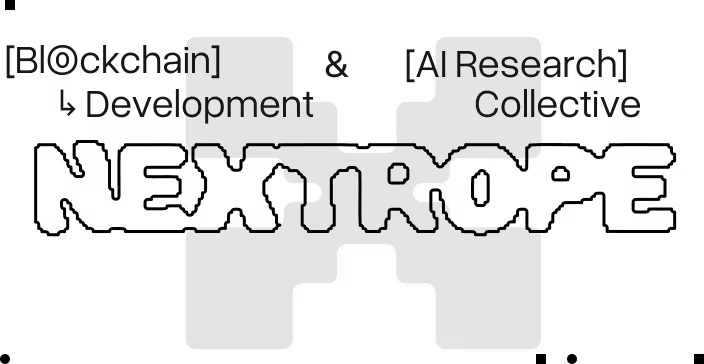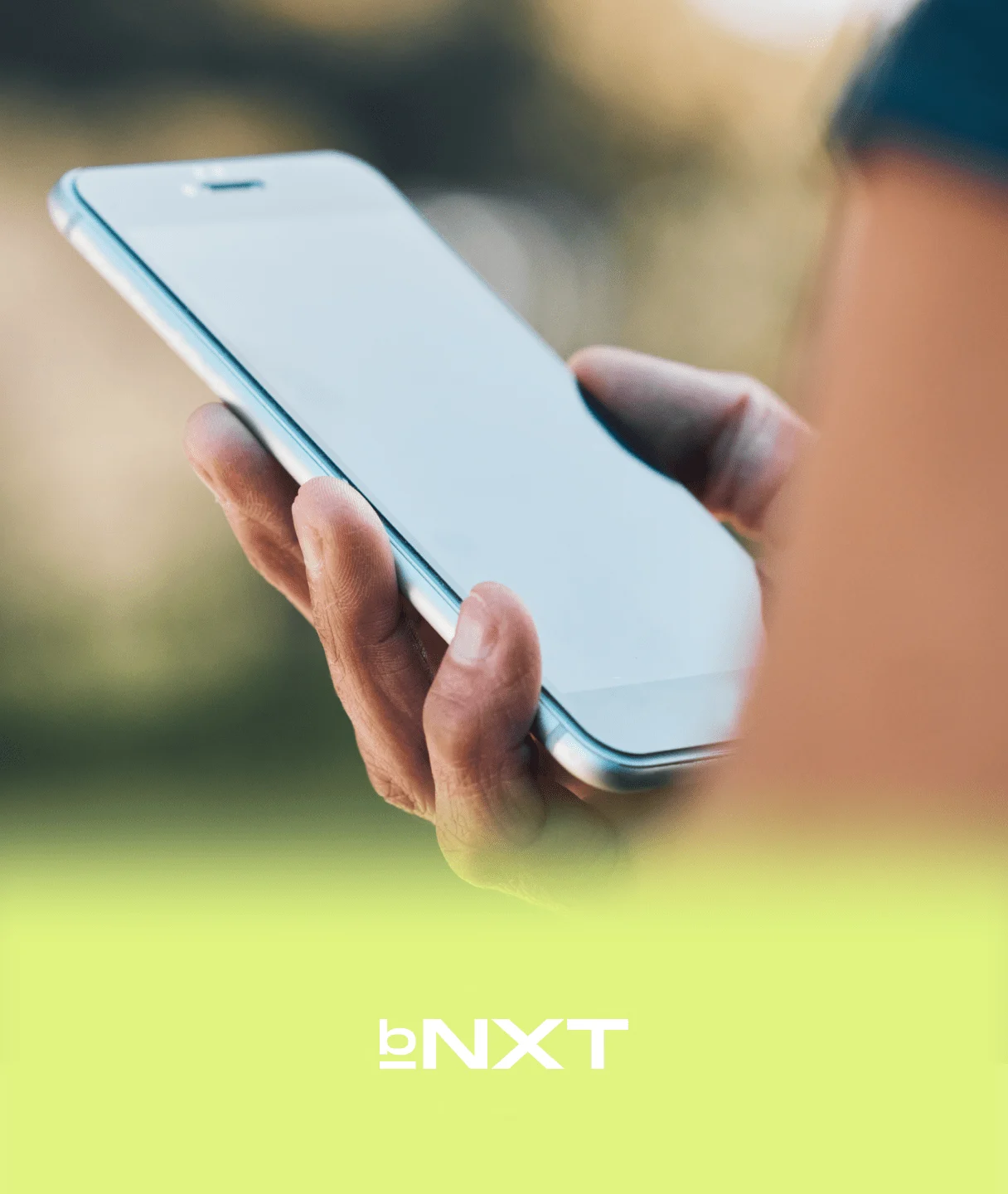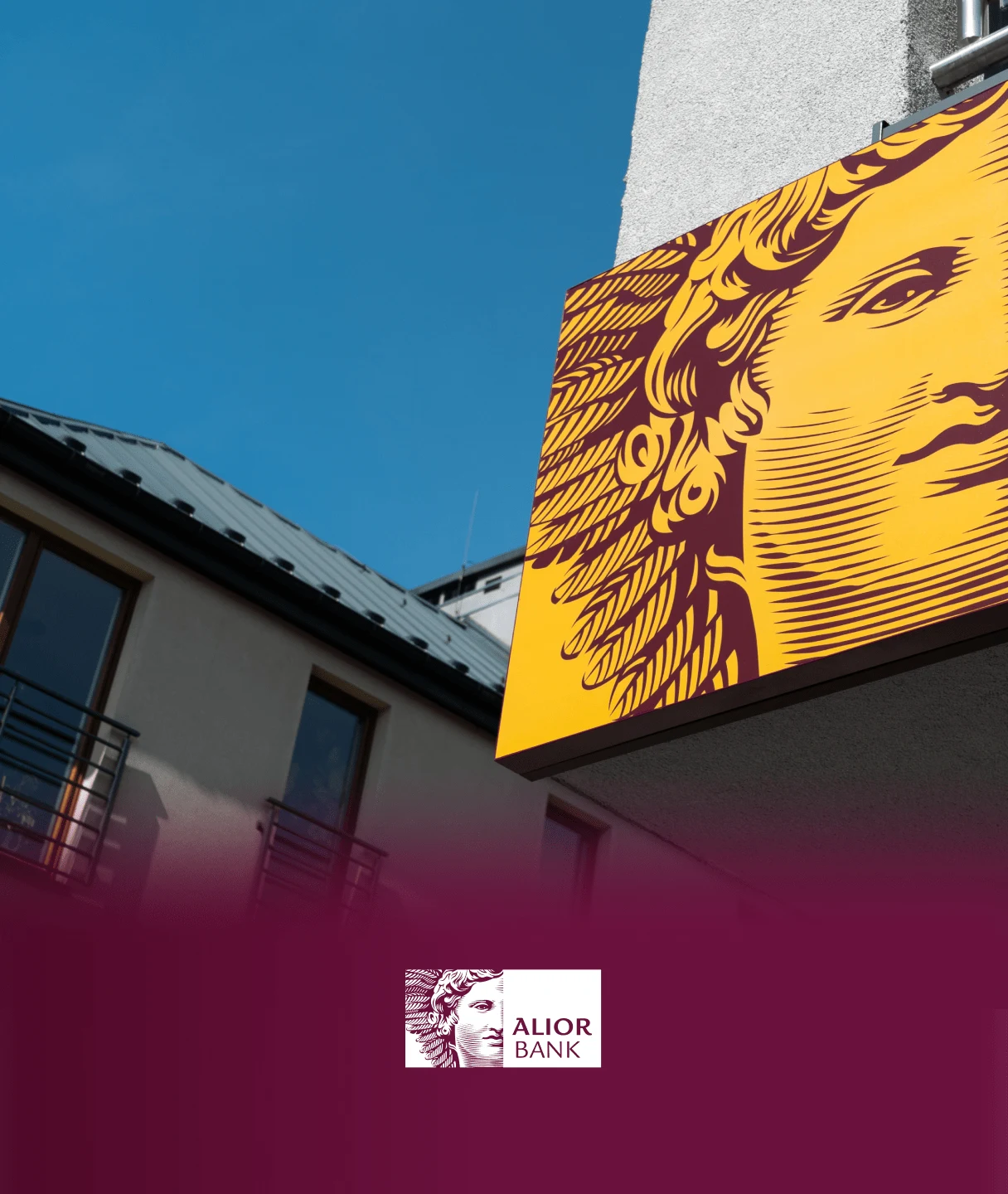[Worked with]








[About us]
Nextropeis a Blockchainand AI DevelopmentCollective.We partner withstartupsand enterprisesto create productsthat mergedecentralized networkswith AI-drivencapabilities.Beyond softwaredelivery, we alsocollaborate aslong-term partners,helping early-stageventuresgrow.
[core competencies]
Selected↳ Works
Testimonials

Tomasz Sienicki
[Blockchain Strategy Manager, Alior Bank]
Nextrope ensured the Blockchain service met the high-quality standards specified in our contract, delivering consistent and reliable results.












